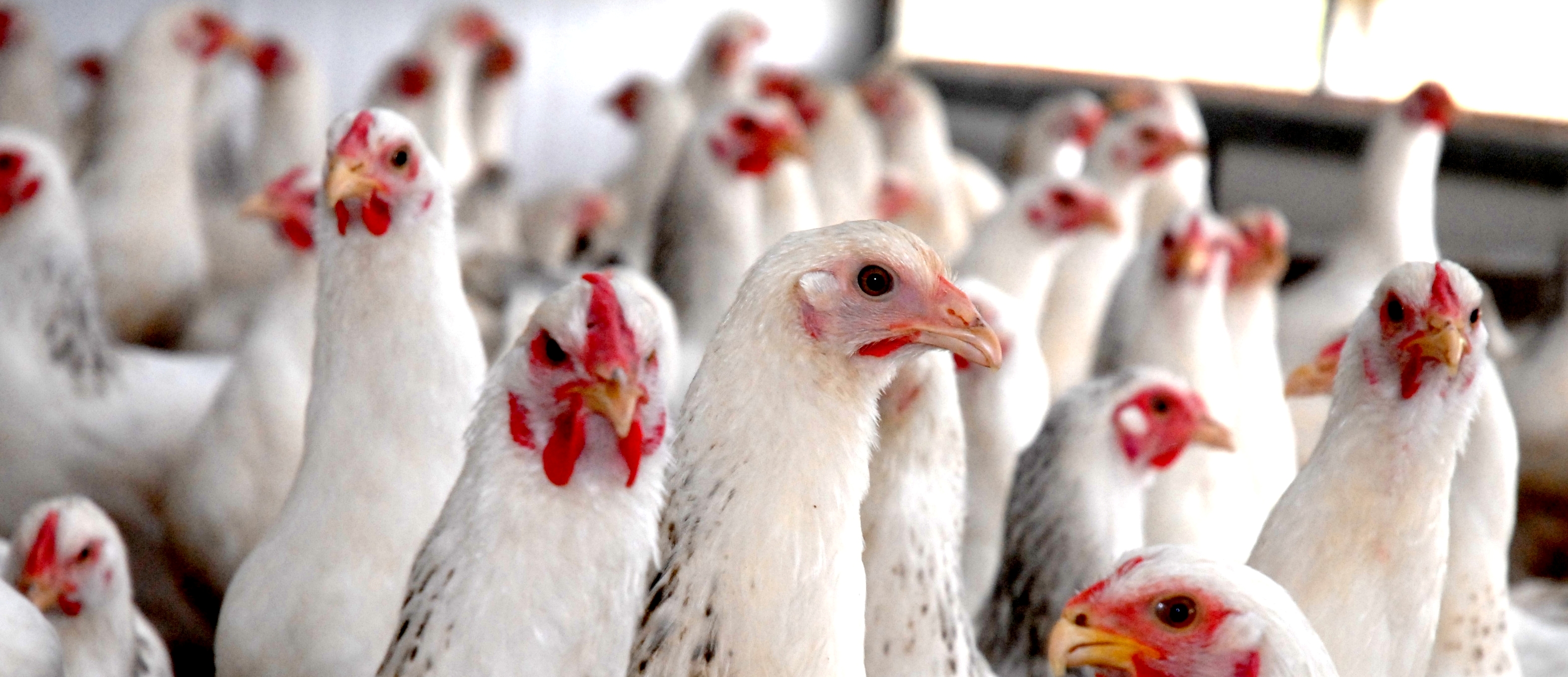Chicken Farmers Celebrate Lower Carbon Footprint and Commit to Ongoing Excellence

Considering the average carbon footprint of chicken around the world, Canadian chicken has one of the lowest carbon footprint of all
This is a key result coming from a recent Life Cycle Assessment (LCA) conducted by Groupe AGÉCO, a consultation firm specializing in corporate social responsibility and economic studies; the study was designed to measure the environmental and social performance of Canada’s chicken sector, from hatching egg to processor.
“we know that we’re raising our chickens to the highest standards”
The Environmental Footprint – Key findings
· Since 1976, environmental performance significantly improved because of major productivity gains and significant improvements in feed conversion ratio.· Per kilogram of protein, the carbon footprint of Canadian chicken is lower than that of other livestock commodities produced in North America based on FAO’s assessment of global livestock emissions.
· In the last 40 years, the carbon footprint of the sector was reduced by 37%.
· Water consumption has been reduced by 45% in the same timeframe.
· 62% of the entire sector’s total energy use comes from renewable sources, with chicken feed accounting for the bulk of renewable energy consumption.
The Social Performance
Canada’s chicken farmers are committed to food safety & animal care: Canadian chicken farmers are certified on the mandatory Raised by a Canadian Farmer On-Farm Food Safety Program (OFFSP) and Animal Care Program (ACP), both of which are 3rd party audited.After eliminating Category I antibiotics (the most important for human medicine) on the farm, Canada’s farmers have committed to eliminating the preventive use of Category II antibiotics by the end of 2018 and a goal had been set to eliminate the preventive use of Category III antibiotics by the end of 2020.
Dedicated social license: Over 90% of Canadian chicken farmers are engaged in their communities by providing free services to community members or by being engaged in municipal or regional organizations.
Competitive working conditions: Over 90% of Canadian chicken farmers pay their workers a salary over the provincial minimum wage and about 70% offer their employees benefits such as insurance and bonuses in addition to other benefits in kind.
A Pledge for Continual Improvement
For Canadian chicken farmers, sustainability means protecting animal health and welfare, ensuring worker and community wellbeing, preserving the health of the land and of Canadian farms and contributing to the Canadian economy by providing affordable food to Canadians.Benoît Fontaine, Chair of Chicken Farmers of Canada affirms that, “Our sustainability journey is a process of continual improvement. We have come a long way with the implementation of on-farm programs, and with the growth in our industry which has contributed to the Canadian economy and helps support rural communities. But we’ll always have more work to do and we will continually evolve to improve our practices and deliver on the expectations of Canadian consumers.”
Background
An LCA is an internationally recognized approach to assess the impacts associated with all of the stages of a product’s life – in this case chicken. There is a well-established protocol for LCA subject to an ISO standardized methodology. LCAs can help an industry determine which aspects of their production are most efficient, and where they can improve efficiencies, reduce environmental impacts, or improve social interactions along their entire value chains.The LCA provides the chicken industry with benchmarks for its impact on climate change, natural resources, biodiversity and ecosystem quality, and human health, while the social LCA provides a qualitative assessment of the industry’s socioeconomic performance.
Conducting an LCA is part of our strategy to support our industry’s work in maintaining consumer and buyer confidence that supply chain risks are adequately addressed. It can also improve industry’s social licence and assurance to consumers that chicken is safe, and produced in an efficient and responsible way.
People care deeply about their food, about knowing where it comes from and that what they are serving to their family and friends is of the highest quality; our farmers and their families are no different. So when we say that the Canadian chicken industry is good for Canadians, it’s because we know that we’re raising our chickens to the highest standards: yours.
To find out more about our LCA results, check out this new infographic: www.chickenfarmers.ca












